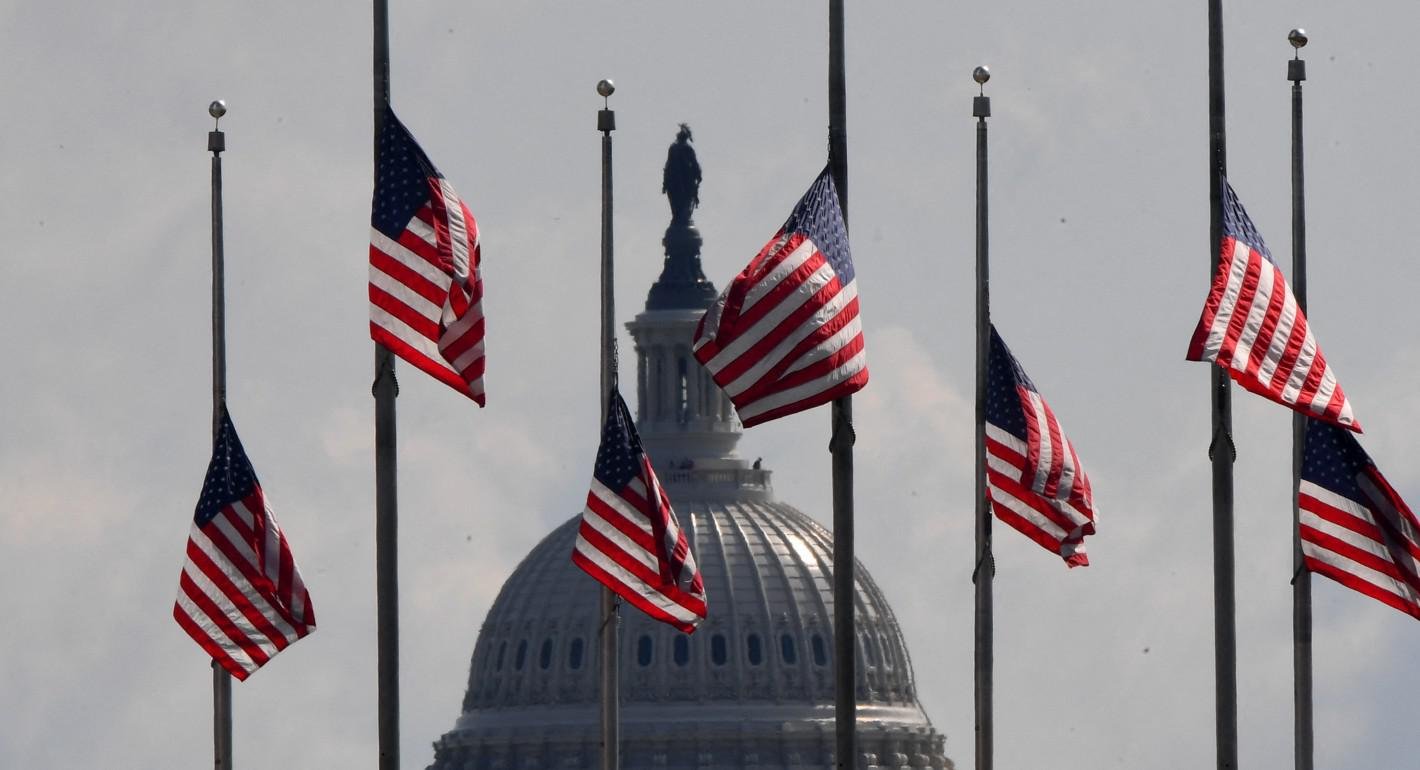ILLINOIS — With Democrats holding a 78–40 supermajority in the Illinois House of Representatives, conservative voices are calling on voters to consider the impact of that imbalance — arguing that real change will require more than just a new governor.
A viral tweet from political commentator Dustin Grage points to recent developments in Minnesota, where a 67–67 tied House passed sweeping reforms during its 2025 special session, including:
-
The largest tax cut in Minnesota state history
-
No new taxes imposed
-
Repeal of free healthcare programs for undocumented immigrants
“Minnesota Republicans did all of this with a 67–67 tied House — no majorities. Absolutely remarkable,” Grage posted alongside a video from the Minnesota State House floor, dated June 9, 2025.
Illinois House Still Locked At 78–40 — Critics Say It’s Blocking Real Change
In the tweet thread, Grage and other conservative commentators argue that even if Illinois voters choose a new governor in the next election, Democrats’ control of the House will continue to hinder policy change.
“To change the failed policies of Illinois we must change more than just the Governor,” the post reads. “A 2–1 Democrat majority in the Illinois House of Representatives is just as important to change as is the Governor.”
Comparing Legislative Control: Minnesota vs Illinois
Minnesota House (2025):
-
67 Republicans / 67 Democrats
-
Passed bipartisan reforms under a special session
-
No party held control — cooperation was mandatory
Illinois House (Post-Nov 2024):
-
78 Democrats / 40 Republicans
-
No change expected in party distribution
-
Democrats maintain supermajority control — allowing legislation to pass without bipartisan agreement
The comparison is being used as a rallying point for conservative voters ahead of the 2024 and 2026 election cycles, especially in swing districts where Republican candidates hope to cut into the Democratic majority.
Voter Messaging: Policy Gridlock vs Bipartisan Possibility
Republicans in Illinois are using Minnesota’s legislative session as a proof-of-concept that balance of power leads to policy moderation — including tax reform, healthcare control, and spending cuts.
By contrast, they argue that Illinois’s current one-party dominance has led to:
-
Higher taxes
-
Expanded government healthcare mandates
-
Limited Republican input on legislation
Do You Believe Illinois Needs Political Balance?
Should Illinois voters shift the balance of power in the state House — or do you believe the Democratic supermajority is working? Join the discussion now on ChicagoSuburbanFamily.com.














